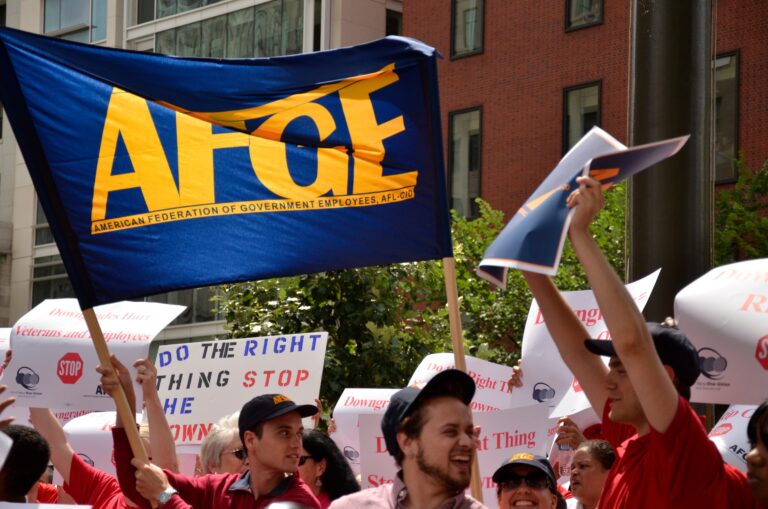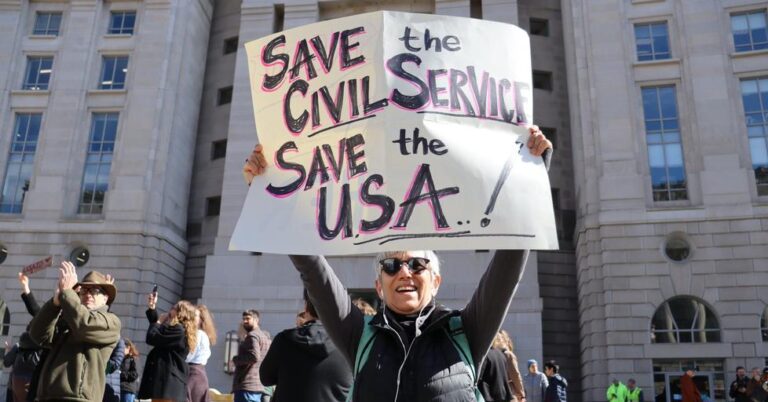Mackenzie Bouverat is a student at Harvard Law School.
While some companies have avoided layoffs by relying on “budget maneuvers,” Work Share programs or by slashing executive compensation, many companies’ efforts to improve their ‘cost competitiveness’ continue to take the form of mass layoffs and firings. Weight Watchers–a company which offers various products and services to assist in weight loss–mass fired around 4,000 employees over a three minute zoom call on May 14. Company officials declined to say how many were terminated. The Atlantic has laid off 20% of its staff. IBM, which has announced a “major workforce reduction,” has yet to specify the exact amount of workers to be laid off. Kansas City plans to lay off 1,000 National Benefits Center employees.
The coronavirus pandemic has eliminated many traditional employment opportunities that college and high-school students rely on each summer, including retail, restaurants, and outdoor recreation. According to the Wall Street Journal, the unemployment rate for teens aged 16 to 19–32%, marking a high not seen since at least 1948. An April 17 survey of companies from the National Association of Colleges and Employers reported that 16% of respondents had revoked their summer-internship offers revoked, and that 23% were considering rescinding them. Of those employers planning to move forward with summer internships, 39% of employers are planning do so remotely.
Trump plans to curtail Optional Practical Training, a program which allows foreign graduates of U.S. schools to extend their visa upon graduation in order to work in the United States. Advisers have yet to determine how exactly the program will be limited, but options include a yearlong suspension to limiting eligibility to foreign graduates seeking positions in the medical field. Participation in Optional Practical Training has dramatically expanded in recent years. In the 2018-19 academic year, over 223,000 new graduates worked in the U.S. under OPT in the 2018-19 academic year; five years earlier, only 106,000 did so.
America’s estimated millions of sex workers struggle to adjust to less work, coupled with heightened risk on the job. Many sex workers lack the income tax history necessary for state and federal unemployment benefit eligibility, and some report concerns that the US government may use employment applications to identify them as sex workers. Streetlife, a U.K.-based nonprofit aimed at assisting women trapped in prostitution, reports a 69% increase in requests for assistance from English sex workers.
As with other U.S. industries, many sex workers are turning to remote work. The demand is there: new sign-ups on OnlyFans have increased 75% since the outset of the pandemic. But many sex workers “insurmountable barriers to entry” for using online adult content platforms, which require robust internet access, a microphone, and a webcam. Manisha Shah, a University of California at Los Angeles expert on sex work economics, doubts that the industry will reopen as quickly as the rest of America: “I don’t think sex work will go back to its pre-pandemic state even when stay-at-home orders ease as potential clients will still feel wary of in-person meetings,” she said. “It will likely take longer, perhaps even until a vaccine, before people feel comfortable interacting in person for sex services.”






Daily News & Commentary
Start your day with our roundup of the latest labor developments. See all
December 5
Netflix set to acquire Warner Bros., Gen Z men are the most pro-union generation in history, and lawmakers introduce the “No Robot Bosses Act.”
December 4
Unionized journalists win arbitration concerning AI, Starbucks challenges two NLRB rulings in the Fifth Circuit, and Philadelphia transit workers resume contract negotiations.
December 3
The Trump administration seeks to appeal a federal judge’s order that protects the CBAs of employees within the federal workforce; the U.S. Department of Labor launches an initiative to investigate violations of the H-1B visa program; and a union files a petition to form a bargaining unit for employees at the Met.
December 2
Fourth Circuit rejects broad reading of NLRA’s managerial exception; OPM cancels reduced tuition program for federal employees; Starbucks will pay $39 million for violating New York City’s Fair Workweek law; Mamdani and Sanders join striking baristas outside a Brooklyn Starbucks.
December 1
California farmworkers defend state labor law, cities consider requiring companies to hire delivery drivers, Supreme Court takes FAA last-mile drivers case.
November 30
In today’s news and commentary, the MSPB issues its first precedential ruling since regaining a quorum; Amazon workers lead strikes and demonstrations in multiple countries; and Starbucks workers expand their indefinite strike to additional locations. Last week, the Merit Systems Protection Board (MSPB) released its first precedential decision in eight months. The MSPB had been […]